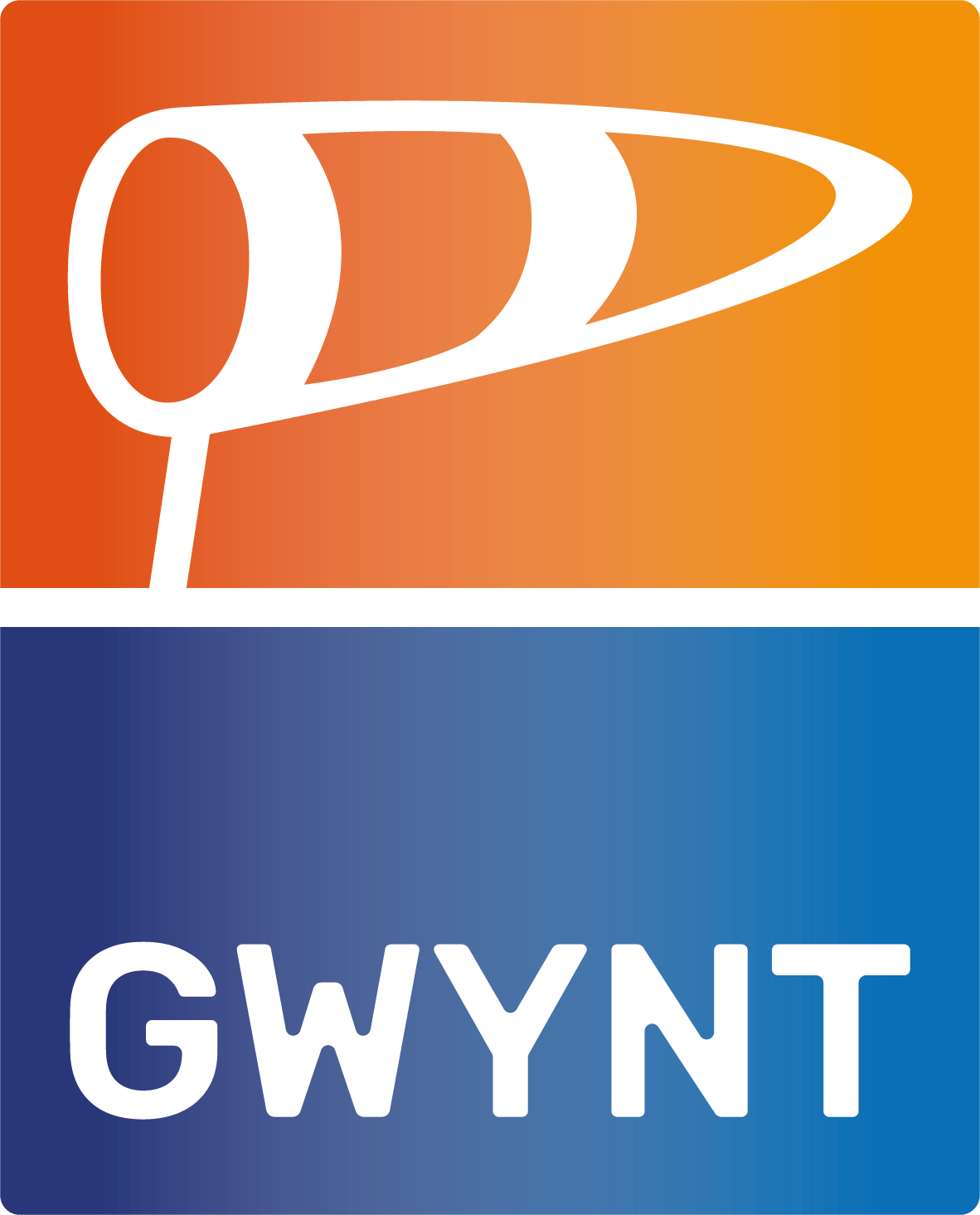Internationalisation and technological and social developments are causing the world to change rapidly. That offers opportunities and options, but also challenges and risks. But what’s the best approach for your business? How do you improve your market position, remain entrepreneurial and react to changing customer needs? How do you develop a value-driven strategy and business plan.
At Gwynt, a strategy based on sound family values is considered a compass for employees, customers and partners. It points the way to concrete goals that everyone in your organisation can see and believe in. Our professionals will collaborate with you and your employees to formulate a value-driven strategy that results in beneficial organisational changes and sustainable growth.
OUR APPROACH & SERVICES
Value-driven strategy
For family-owned businesses, it’s only natural that family values are the starting point of developing or recalibrating the business strategy. However, these values are often unstated or have lost their original meaning. Re-establishing or expressing these values and then linking them to the family’s vision provides a sound foundation for the long-term strategy of the business. That link with the family’s values ensures the strategy is not viewed as a paper document by employees and managers but as a support mechanism and guiding light.
Once the strategy is worked out, our next step is work with you in formulating concrete business aims. Everyone in the organisation needs to put their energies into what is important. However, this doesn’t mean your strategy should be put in stone. Entrepreneurial family businesses can and must adjust their strategy in response to market opportunities and developments. But your values will remain a constant factor, and they will serve as a benchmark for the continuity of the business.
Business planning and Performance monitoring
Business planning and Performance monitoring
What’s the plan? Are you ahead of schedule, or behind? If it’s the latter, what actions must you take? These questions are, for many companies, not always simple to answer. The unpredictability of the environment and the demands of customers mean that adjusting the business plan using gut instinct and intuition is no longer sufficient.
Getting managers and employees to steer a course of action using objective facts and possible scenarios is essential if your business is to become more decisive and competitive. We can help your directors and middle management identify and use the key performance indicators that link to the company’s strategy and budget. We can also support you in formulating a long-term financial plan that includes cash flows and capital requirements. Your strategy and goals must always be realistic enough that they can be financed and lead to profitability and long-term continuity. We can help you draw up operational KPIs and dashboards to monitor and adjust the operational, commercial and financial performance of your business.
Market and product portfolio segmentation
Market and product portfolio segmentation
The product and service portfolios of many family businesses often develop in response to individual customer wishes. The strength of a family business is its customer focus and flexibility. Yet, over the years, this ad hoc approach to building a portfolio can lead to a proliferation of products and services. That in turn leads to a decrease in customer performance, an increase in headcount and stock levels, and a drop in productivity and profitability.
These unhealthy developments require action. But what’s the best approach and where do you start? At Gwynt, we believe in a differentiated approach. That involves sitting down with you to identify your various customer segments and their requirements. Then we’ll look at your portfolio to see if it’s a good match.
The analyses we carry out give insight into actual costs and prices and the contribution of each segment to the profitability of the business. On that basis, we can draw up a list of issues affecting your business processes and organisation. This objective information allows you to decide which products and/or services you should retain, rationalise or standardise. You’ll end up with more control over your organisation and its long-term results.

